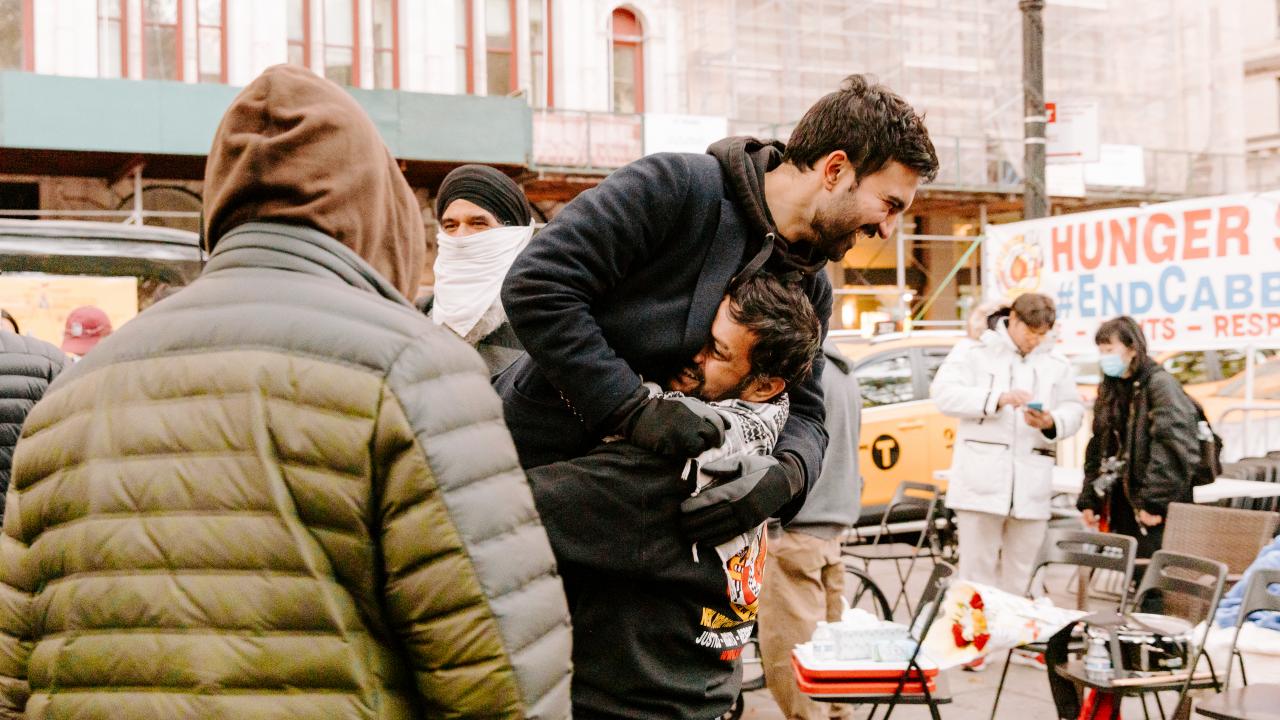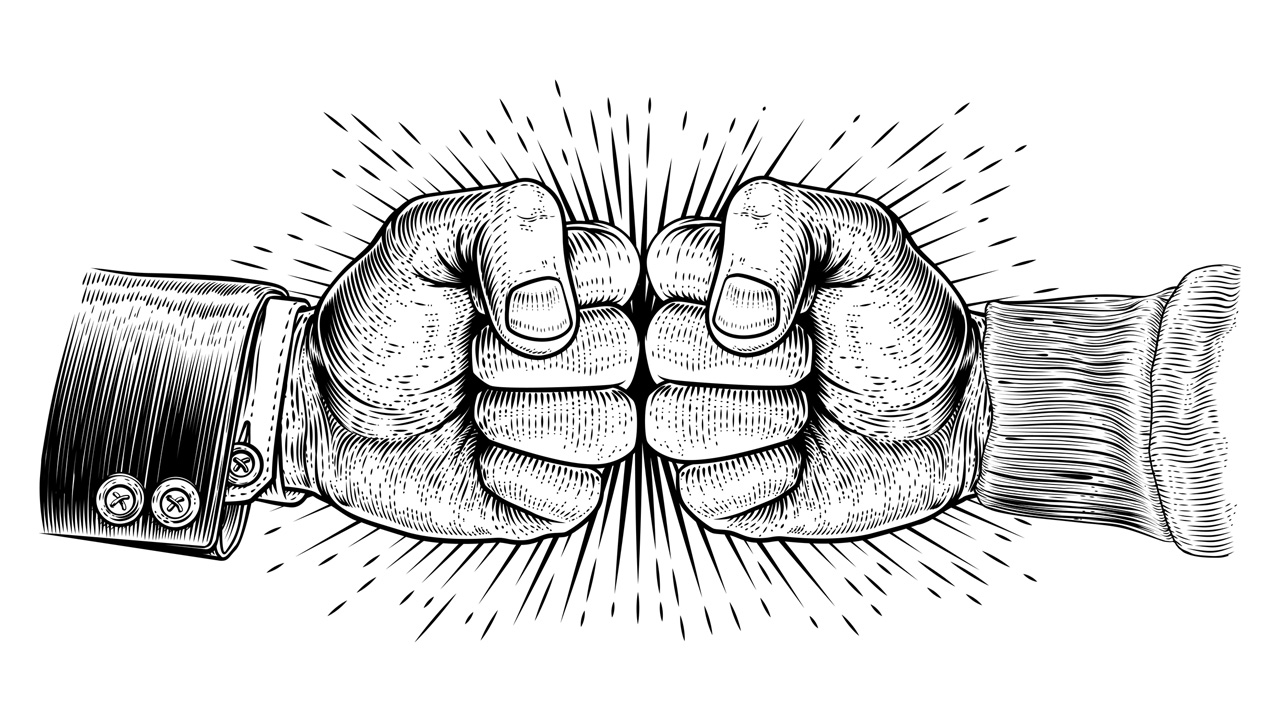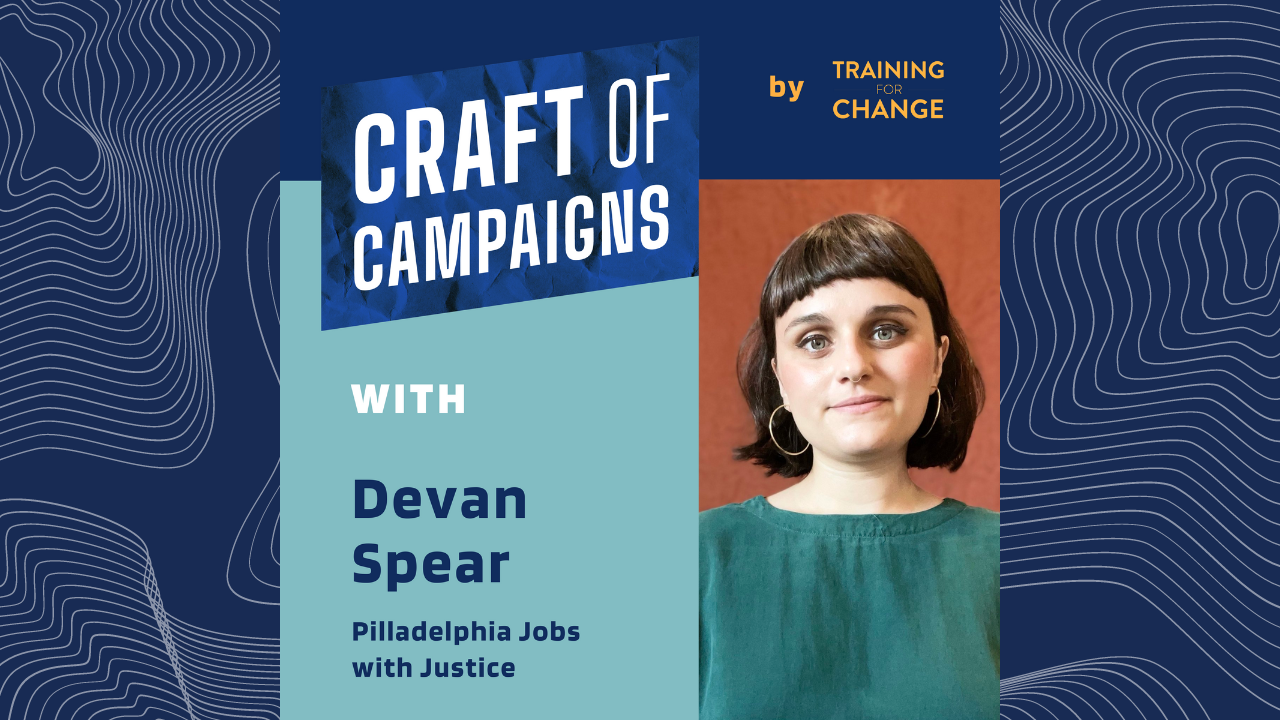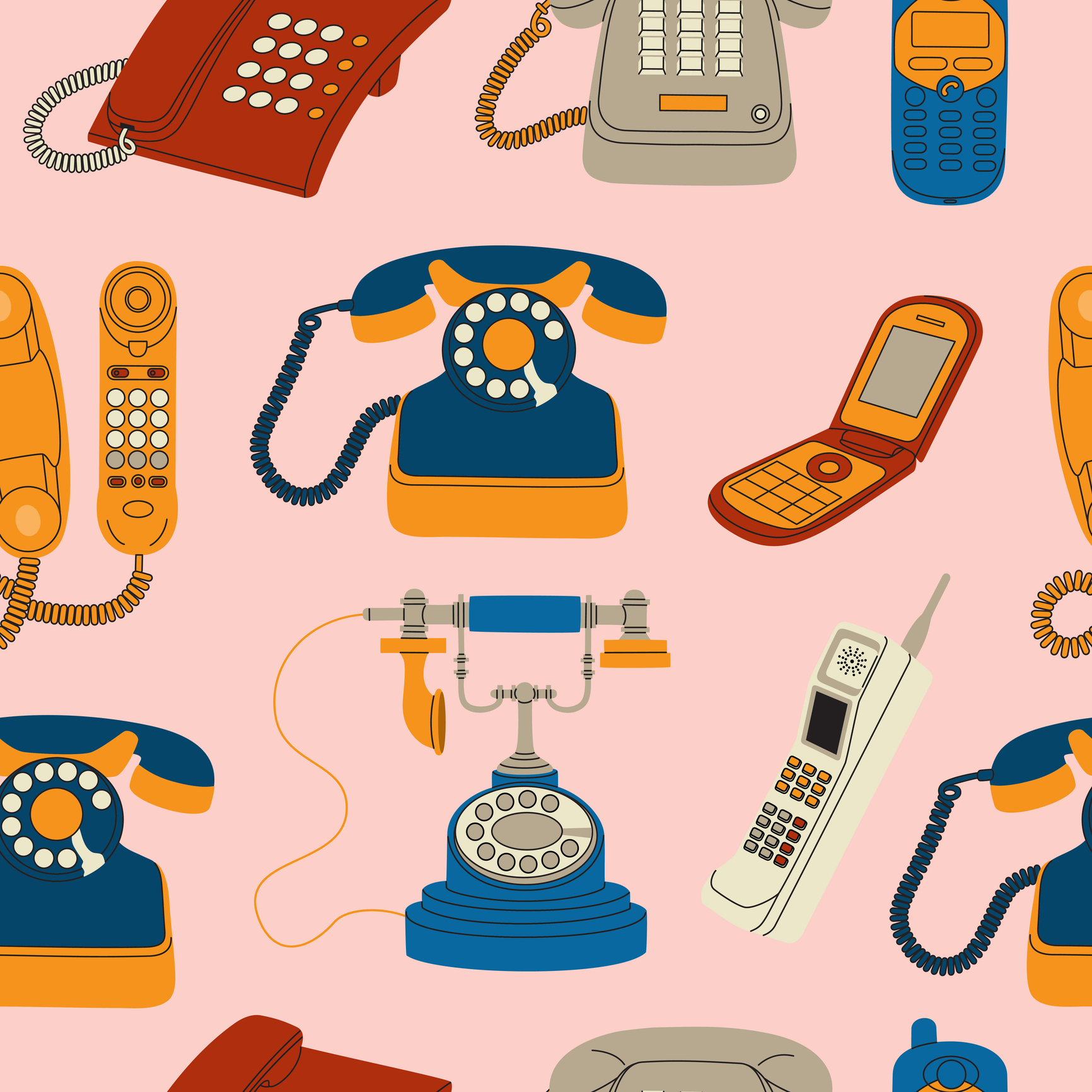This fall, a group of elected officials joined New York City taxi drivers in an indefinite hunger strike. Their aim was to convince the city to help restructure the massive debt that was hanging over drivers after the collapse of the medallion market in 2014. The city had pushed the medallions as a smart investment for drivers — who often took out predatory loans to pay for them — while pushing the market to balloon to the point where medallions sold for over one million dollars. After the market collapsed, the average driver was left more than $500,000 in debt — more than any could hope to pay off in their lifetimes. Almost 1,000 fell into bankruptcy; at least nine committed suicide.
On the 15th day of the hunger strike, the city agreed to a deal that would significantly lower the debt burden on most drivers – a huge victory. The hunger strike came on the heels of months of organizing by the New York Taxi Worker Alliance along with elected officials like New York State Assembly Member Zohran Mamdani, who joined the strike this fall. Mamdani had campaigned on the issues facing taxi drivers, and he began collaborating with the Taxi Worker Alliance once he took office last winter. After working together to kill a bill that would have gutted the minimum wage for rideshare drivers, Mamdani and the Taxi Worker Alliance began to plan out their campaign to relieve the crushing debt facing many drivers – including a 24/7 protest outside City Hall, arrest actions by five elected officials (including Mamdani), a protest led by the Taxi Worker Alliance that shut down Brooklyn Bridge, and, finally, an indefinite hunger strike. Forge editor Lindsay Zafir sat down with Mamdani to talk about why he joined the hunger strike, the value of an inside/outside strategy, and what’s next for the taxi drivers. The interview has been edited and condensed.
Tell us about the organizing that led to the hunger strike.
In July, I had a meeting with Senator Schumer and one of my asks was that he do a ridealong with a New York Taxi Worker Alliance driver. As part of that conversation and request, I spoke to him about the idea of implementing a guarantee to shift the burden of responsibility upon default away from drivers to a state entity, whether it'd be federal or city level, and also a means by which to make payments actually affordable. We ended up doing that ride along with NYTWA member Richard Chow, who lost his brother, Kenny Chow, to suicide a few years ago from the devastation of the crisis. Soon after, the Senator came out in support of a full city-backed guarantee and of making payments truly affordable. The hunger strike goes back to that point, and frankly even before it with all the meetings I had with NYTWA and the planning calls that went into making that afternoon in July a reality, because Senator Schumer’s support and advocacy was pivotal in getting us across the finish line. The strike was really something that we knew would escalate the fight and was [a tactic] that naturally escalates. It's something that grabs your attention from the outset, but then, as it continues to go on — especially given the fact that the majority of strikers are drivers in their 50s and 60s, and they have preexisting health conditions — there is a real danger in embarking on such an action.
Why did you decide to join the hunger strike?
The power of being an elected official comes not only in your ability to legislate, but also the platform that you are now granted and how you use that platform. It's a sad reality of organizing in today's world and in our political climate, where if an elected official does something, it becomes of more interest and importance to a larger public or media or political class than if it's being done by those whom the policies are directly impacting. It should not be that way, but it is. I was willing and ready at every juncture to do whatever it was that I could do. I didn't expect for it to be a 15-day hunger strike, to be frank. I thought it would be seven-to-nine days, but I couldn't see a way that I could stop striking without hurting the cause. And so, it was very, very difficult.
Hunger striking is devastating to your mind and to your body. It's just so debilitating in that it's a real process of being stripped of all that you expect from your body. I'm 30 years old in fairly good health, and by the end of this, I wasn't allowed to go anywhere on my own. I wasn't allowed to sleep on my own because of what could happen. I just couldn't afford to be alone. I joked with my father that it was like I was transformed into a teenager and he had all of this power once again; he could tell me how I could leave the house and when I could leave the house, all these kinds of things, because I couldn't do it on my own.
There were moments where I had blurred vision. There were moments where I got up too quickly and lost my bearings entirely, and it was as if I couldn't see. There were moments where I was dizzy, faint. The worst was the hunger at night. I'm thankful that I've never had to experience going to sleep hungry before. But for 14 nights, you're trying to sleep to get to the next day, you're trying to sleep to also just stop yourself from being hungry, but you're so hungry that you can't sleep and you're just wrestling with it. Then there's also the panic. I'm Muslim, and I fast for Ramadan, and you know when your fast is going to end. There's a panic in an indefinite hunger strike where, after 11-to-12 days, I was starting to feel this sense of, when will this end? Mentally, what am I preparing myself for? Am I at the halfway mark? Am I not? That kind of anguish. And then the headaches were just constant. I knew I was also putting my parents through hell because it's in the interest of the organizing to tell people how horrible it is so as to shame them and agitate them to action but to do that is to also tell your parents just how agonizing the experience is, in spite of how I would always tell them I was fine .
But I think the one thing that stuck with me throughout the strike was that it's so much easier to do when you're together. The hardest parts were when you were alone. The hardest parts were the mornings and the evenings when you were not at the protest. That's when I would really question things. When I was with everyone else, it always gave me that renewed sense of purpose. So many of our symptoms were in fact the same symptoms that drivers in $500,000 of debt would speak about suffering through: that they couldn't sleep, that they could not afford to eat because of their payments, that they had headaches, that they had other health complications. And so for me, it really crystallized that, on one level, you're doing this as a tactic and, on the other level, it actually fits very neatly as a manifestation of the very policy that you're critiquing. And so it allows us to say to people that if you believe that this is too radical of an act or if you believe that this is unbecoming of an elected official, really what's making you uncomfortable is the policy itself because that's all we're bringing to life. You're just mad that we're doing it here in front of your workplace.
What organizing was happening around you while you were striking?
There wasn't actually that separation. What I mean by that is many of us who were on strike were also some of the primary organizers of the fight. Bhairavi Desai [the executive director of the Taxi Worker Alliance], though she wouldn't talk about it that often, was on hunger strike for the entirety of it. I would ask her time and again to get off, but she refused, saying that she had to do whatever it was that she was asking of her members. She was the major architect not only of this deal, but frankly of this fight over the last few decades. I was on hunger strike for the entirety of it as well, and the two of us had a lot of responsibility in continuing to bring it all along. I was part of all of these calls with Schumer's team about moving us forward. I was calling union reps to get letters of support. My whole life was about how to find new pressure points to further this cause. The interesting thing is I really thought that I would have less of a mental capacity to do that kind of work, but I didn't. There was a lot of physical discomfort and a lot of mental anguish and anxiety in the mornings and the nights. But during the day, I would just sit in a taxi or I'd sit in a van that we had by the site or I'd sit at the library that was around the corner. I would just work through the days. And so it was a mixture of calls to elected officials, calls to the staff of those electeds, specifically Schumer's team, interviews with journalists, trying to get people to come out because we were terrified that we were not getting the coverage, that we were living purely on social media. And then calling unions, calling all of these kinds of things. That was really the day to day.
How do you see your role in the movement as an elected official? Did this experience change your perspective on collaborative governance or inside/outside strategy?
In the New York Taxi Worker Alliance, there is no gap between leadership and membership. Bhairavi Desai is so intimately tied to her members and has been for 26 years. At every step of this fight, Bhairavi was consulting with members — when to go on strike, when to shut down the bridge, when and how to change messaging. Before the deal was announced, Bhairavi took it to membership, and I was confident in knowing that I would only celebrate if a truly overwhelming majority of members was aligned on this deal. In Albany, I've sometimes seen a disconnect between who you speak to and who they claim to speak for. One of the whole points of being an elected official is to amplify the voices of those who are unheard. Arundhati Roy has that quote: there are no voiceless; there are the preferably unheard. And I think that it very much applies to the organizing that we do. We're at our most powerful when working with a union or an organization whose power is truly and fundamentally built on mass movement politics, membership-driven decision-making where you can trace at every single level why and how a decision was made. To me, that is one of the great reasons why I love and I'm proud to belong to DSA, is that everything is membership driven.
What's next for the taxi drivers?
I think that people are taking a deserved break, but this was a framework that the city has agreed to in general, this was a deal that was signed with the largest holder of medallions, Marblegate. They own 4,000 of the 6,000 loans of medallions. There's still 2,000 loans to go. The city is committed to it, and the union is going to fight to make those remaining lenders agree to it as well. I think that's in the immediate future. One of the many beautiful things about the union is they also represent rideshare drivers. I'm quite confident to say that next would also include real accountability for the other villains in this crisis: the rideshare companies like Lyft and Uber. I think the long-term goal is to classify drivers as employees and not contractors and [get them] all that they're actually entitled to.





